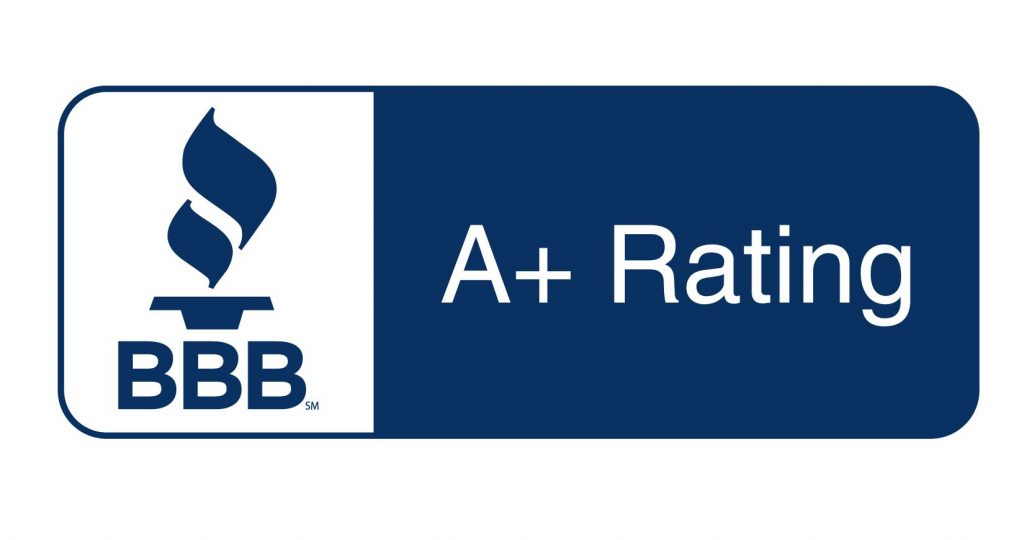The Medicare Annual Enrollment Period is upon us. Are you prepared? If this year snuck up on you, there is still time to act! Today, we’re going to help you prepare for the Annual Enrollment Period by reviewing what it is, what you can do during this time, and the most common mistakes we see beneficiaries make.
What Is the Medicare Annual Enrollment Period?
Many Medicare beneficiaries are familiar with the terms “Annual Enrollment Period” or “AEP” but don’t know just how significant it is.
AEP occurs every year, starting on October 15 and ending on December 7. You can review, adjust, or change your Medicare Advantage or Medicare Part D plans during this time. Essentially, it’s your opportunity to make sure your Medicare plans align with your current healthcare needs and budget.
You can make any of the following changes during the Annual Enrollment Period:
- Move from Original Medicare to Medicare Advantage
- Transition from Medicare Advantage back to Original Medicare
- Swap between different Medicare Advantage or Part D plans
- Enroll in Part D for the first time
It’s important to know that most Medicare plans are not a “set it and forget it” option. The plans and your needs change, so take advantage of this opportunity to get the coverage you need.
Avoid These Annual Enrollment Period Mistakes
It’s easy to sign up for the wrong Medicare plan. There are so many things to consider! By avoiding these ten Annual Enrollment Mistakes, you’ll be on the right track to a seamless AEP.
1. Ignore Medicare’s AEP
Nearly every person on Medicare needs to pay attention to AEP. If you have a Medicare Advantage or Part D plan or wish to enroll in one for the first time, you can’t ignore AEP.
Medicare Advantage (Part C) and Part D plans run on annual contracts, which means they can change every aspect of the plan for the upcoming year. They may change your benefits, premiums, cost-sharing amounts, drug formulary, provider networks, and more. A plan that’s working great for you now may not work as well next year.
AEP gives you the opportunity to review your plan and choose a new one for next year. You won’t have the same opportunities at any other time of year.
2. Not Opening Important Mail
Your current Part C or Part D insurance company must send you an Annual Notice of Change (ANOC) in the mail no later than September 30. The ANOC outlines any changes coming to your plan next year. You should review this document to decide if the changes are good or bad for your situation.
3. Automatically Renewing Your Medicare Plan
We said this earlier, but it’s too important not to repeat it. Most Medicare plans are not a “set it and forget it” solution! Your plans will automatically renew, assuming you continue to pay the premiums. However, failing to review your plan might result in unexpected healthcare costs.
4. Overlooking the Drug Formulary
Most beneficiaries have drug coverage through a Medicare Advantage or Part D plan. The drug formulary is one of the things that can change from year to year, so you have to review it to make sure your prescriptions are still covered. Plus, you may be taking new medications (or no longer taking some) that you’ll need to consider.
5. Choosing a Plan Based on Premium
You should never choose an insurance plan based on the premium. Yes, $0 Medicare Advantage plans are attractive, but looking at other costs like deductibles, copays, and coinsurance is crucial. You may find that a plan with a slightly higher premium has much lower out-of-pocket costs.
6. Choosing a Plan Based on Extra Benefits
You should also not choose a Medicare Advantage plan because of the extra benefits. While these are heavily advertised, you should consider them a nice perk rather than the reason to enroll in the plan. The medical benefits and costs are more important than the extra benefits.
7. Forgetting About Travel Plans
Medicare Advantage plans have provider networks, and Part D plans have pharmacy networks. If you are someone who travels frequently, be sure to find out how the plan will cover your needs while you’re away from home. Fortunately, most Medicare Advantage plans have nationwide networks, and Part D plans contract with most major pharmacies.
8. Not Checking Provider Networks
On that same note, be sure to check the plan’s network. Providers can choose to accept or reject plans on a yearly basis, so be sure your providers are contracted with the plan you choose. If they’re not, you’ll pay more to see them – maybe even the entire bill!
9. Missing the Enrollment Deadline
Medicare doesn’t make exceptions. If you miss the deadline because you were busy, they will not make an exception for you. Since AEP aligns with the holiday season, start this process early and get things taken care of before Thanksgiving rolls around.
10. Not Seeking Expert Help at Carolina Senior Benefits
You can absolutely research plans on your own, and we encourage you to do so. The more you know, the better you’ll be able to take advantage of plan benefits.
But it’s also wise to get a second opinion. The Medicare advisors at Carolina Senior Benefits will help you review your current Medicare plans and even shop around for other coverage. There is no cost to work with us, so take advantage of getting an expert on your side!





